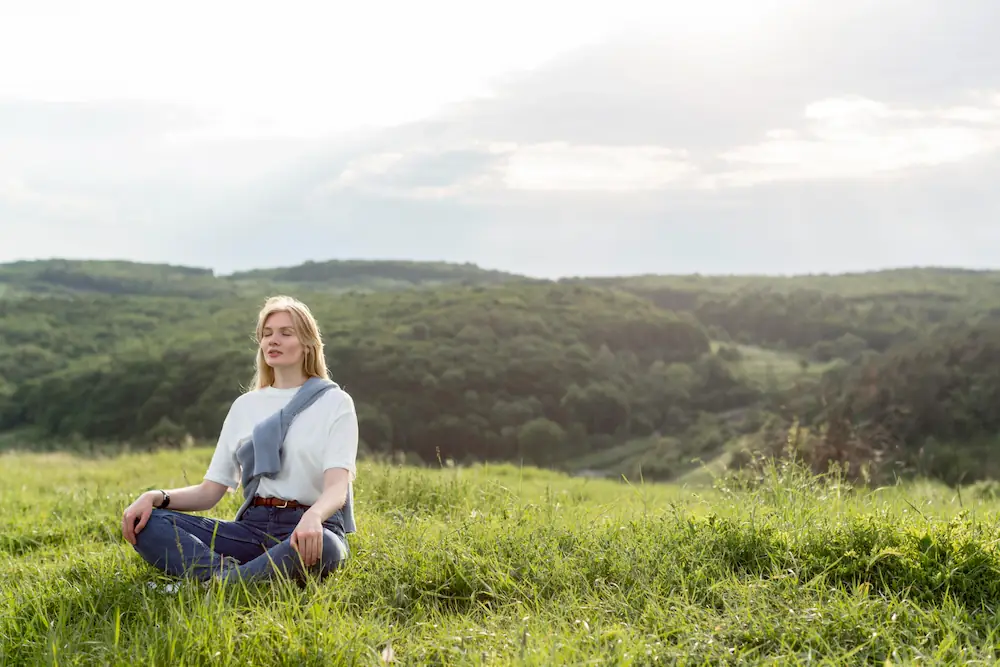
Imagine a serene morning walk through a blooming garden, the sun casting a warm glow on your face, and birds serenading you with their melodious tunes. This simple yet profound experience can significantly enhance the mental well-being of seniors.
Introduction
In our fast-paced, technology-driven world, it's easy to forget the rejuvenating power of nature. However, outdoor activities can be a game-changer, especially for seniors. The impact of outdoor activity on the mental health of seniors cannot be overstated. From reducing symptoms of depression to improving overall cognitive function, nature holds the key to a happier, healthier life.
The Benefits of Outdoor Activities for Seniors
Reducing Symptoms of Depression
One of the most significant benefits of outdoor activities is their ability to alleviate symptoms of depression. Exposure to natural light boosts serotonin levels, a neurotransmitter that plays a crucial role in mood regulation. Simple activities like gardening, walking in a park, or bird watching can provide this natural mood enhancer, making a substantial difference in seniors' lives.
Enhancing Cognitive Function
Engaging in outdoor activities also helps improve cognitive function. Physical activities like hiking or playing sports require coordination and mental focus, which stimulate the brain and enhance cognitive abilities. Studies have shown that seniors who regularly engage in physical outdoor activities have a lower risk of developing dementia and other cognitive impairments.
Promoting Social Interaction
Outdoor activities often involve social interaction, which is essential for mental health. Group activities like tai chi in the park, community gardening, or walking clubs provide opportunities for seniors to connect with others, reducing feelings of loneliness and isolation. Social bonds formed through these activities can significantly improve mental well-being and create a sense of belonging.
Types of Outdoor Activities Beneficial for Seniors
Walking and Hiking
Walking is one of the simplest and most effective forms of exercise for seniors. It improves cardiovascular health, strengthens muscles, and boosts mood. Hiking, on the other hand, offers the added benefit of immersing oneself in nature, providing a sensory experience that further enhances mental well-being.
Gardening
Gardening is a therapeutic activity that combines physical exercise with a sense of purpose. The act of nurturing plants and watching them grow can be incredibly fulfilling and can significantly reduce stress and anxiety.
Tai Chi and Yoga
Practices like tai chi and yoga, when done outdoors, combine the benefits of physical exercise, mindfulness, and nature. These activities improve flexibility, balance, and mental clarity, contributing to overall mental health.
Overcoming Barriers to Outdoor Activities
Despite the clear benefits, some seniors may face barriers to engaging in outdoor activities, such as mobility issues or lack of access to safe outdoor spaces. It's essential to address these barriers by providing support, such as mobility aids, transportation services, or creating accessible community gardens and parks. The impact of outdoor activity on the mental health of seniors is profound. By incorporating nature into their daily lives, seniors can experience reduced symptoms of depression , enhanced cognitive function, and improved social interactions. Encouraging outdoor activities and making them accessible is a vital step towards promoting mental well-being among the elderly.